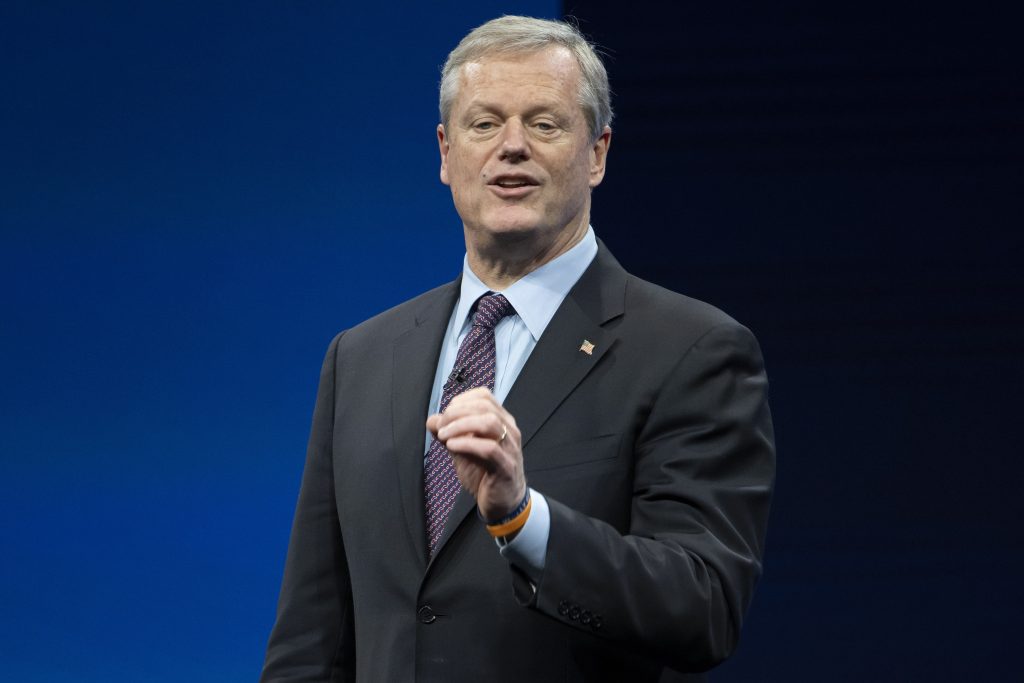A coalition in Massachusetts made up of public and private groups announced on Thursday its intentions to increase understanding of the negative effects of sports betting on young people, the regulations of the industry, and the dangers linked to gambling.
The members expressed worry about how easy it is for college-aged individuals and young children to get involved in sports betting, especially through mobile phones. After Massachusetts made the practice legal two years ago, some officials are beginning to sound the alarm about youth gambling issues.
The coalition consists of Attorney General Andrea Campbell’s office, the Massachusetts Gaming Commission, Massachusetts Council on Gaming and Health, Civic Action Project, NCAA, and every major sports team in Boston.
“There are concerning national and state statistics about how this demographic participates in gambling, both in sports and in general. National data from the NCAA has shown that 58% of 18 to 22 year olds have taken part in at least one sports betting activity,” Campbell stated during an event at TD Garden.
The announcement was made one day after former Gov. Charlie Baker, who now leads the NCAA, expressed his desire for states with legal sports betting to prohibit prop bets on college athletes. Prop bets on college athletes are already illegal in Massachusetts, and betting on Massachusetts colleges is only allowed when a team competes a national tournament.
Coalition members plan to create an “evidence-based education, training, and health curriculum targeted at middle school, high school, and college-aged young people, ages 12-20, throughout” the state, according to Campbell’s office. Their first meeting is in early April.
Massachusetts legalized online and in-person sports betting in 2022 to great fanfare, and sportsbooks officially launched their gambling platforms the next year. But since then, some lawmakers have raised concerns about younger generations’ susceptibility to addictive gambling.
Baker, who championed the sports betting law in the state, said he has talked to 500 to 1,000 student-athletes since he took over the top job at the organization.
“The message I kept getting from them was, ‘there’s so much of this going on, it’s very hard for us to just stay away from it and out of it.’ And what they meant by that was being dragged into it by their classmates who wanted to talk to them about how is so and so doing, is he or she going to be able to play this weekend?” he said.









